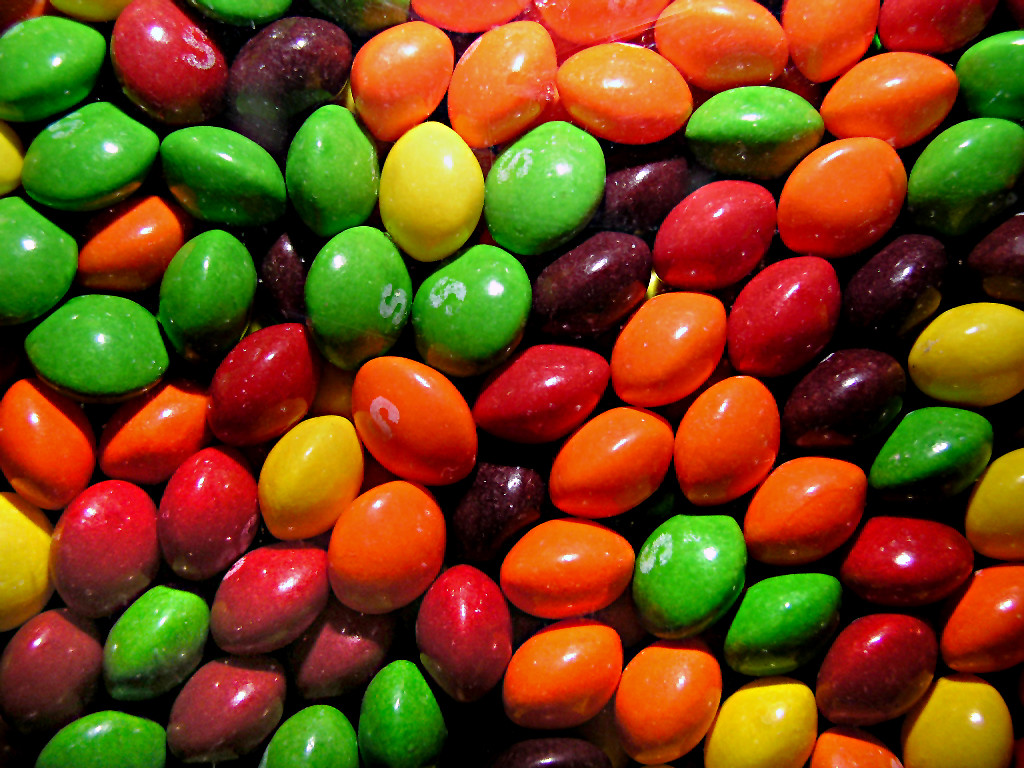You know, some Skittles would be really good about now.
Lunch was over and I wanted something sweet, Skittles specifically, as I’ve rediscovered a taste for them during my daughter’s last few “go to work with dad” days. I grabbed a dollar and walked over to the bookstore. The Skittles rang up…$1.04. The last few times I’d bought Skittles they had been part of a larger purchase so I hadn’t paid attention to the fact that they are 95 cents plus tax.
I only had a dollar. And the tax man was standing between me and my Skittles—and serving as a great illustration of the deadweight loss from taxation.
In introductory economics classes you learn about how and why taxes generate what is called deadweight loss, the gains from trade that don’t happen because the tax raises the price to a little above what the buyer is willing to pay. Suppose I’m willing to pay $1 for the Skittles. The bookstore would be willing to sell them to me for 95 cents. Without a tax, I buy the Skittles and there’s a five-cent gain from trade. With the nine-cent tax, however, I may no longer be willing to buy the Skittles. The five-cent gain from trade never materializes, and the world is a poorer place for it.
As luck would have it I was actually willing to pay maybe $1.10 or so for the Skittles, and while I didn’t have the extra money with me the bookstore had a few pennies on hand and allowed me to get my Skittles. There are a lot of people in the world, though, who aren’t so lucky and would have had to put the Skittles back.
It’s entirely possible that Skittles and other sugary snacks produce negative externalities, or costs that spill over onto people who aren’t part of the transaction. In that case there’s at least a plausible reason why the tax could be welfare improving—but that’s another subject for another day.



